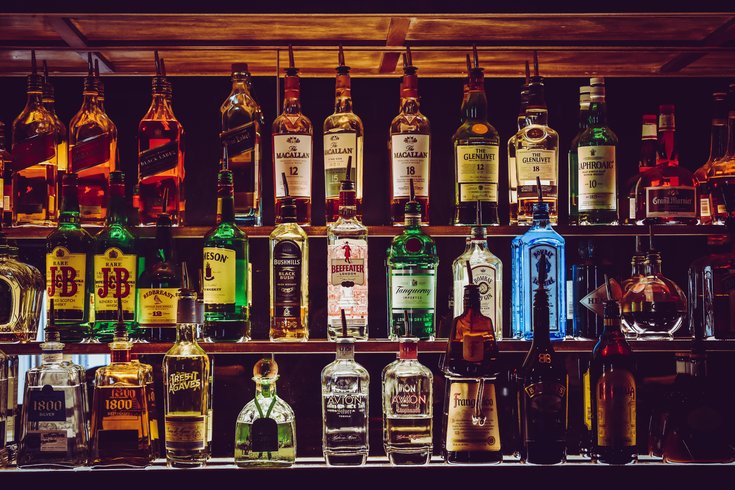
November 04, 2024
 Chris F/Pexels.com
Chris F/Pexels.com
Haddon Heights has a ballot referendum in Tuesday's election that will poll voters on whether they think the dry town in Camden County should allow alcohol sales.
In Tuesday's election, voters in Haddon Heights will decide on a referendum that could lead the Camden County town to allow alcohol sales for the first time since it was founded 120 years ago.
Haddon Heights is one of about 30 remaining dry towns in New Jersey. The borough of about 7,400 people never formally prohibited alcohol, but also never passed an ordinance allowing businesses to obtain liquor licenses from the state.
MORE: Kamala Harris' Philly campaign event Monday to feature Lady Gaga, Oprah
In July, Haddon Heights' borough council passed a resolution to put the issue up for a vote. Since the referendum is non-binding, a vote in favor of allowing alcohol sales still would require council to adopt a measure permitting liquor licenses to a limited number of restaurants and other retailers.
Haddon Heights Mayor Zachary Houck, a Democrat who was reelected last year, favors the idea of abandoning the community's history as a dry town.
"There's an opportunity to bring a whole new customer base to our downtown," Houck told CBS News.
But Houck told NJ.com that Haddon Heights' decision on alcohol sales will depend on the results of Tuesday's referendum.
"If the community comes out and voices an opinion that says we are staunchly against this, I think most of the council would be inclined to say, OK," Houck said. "If it's a split decision, that's where we have to make the decision."
New Jersey liquor licenses are allotted to municipalities based on population. One retail liquor license is permitted for every 3,000 residents, meaning Haddon Heights would be able to get two licenses under state law.
Haddon Heights is one of several Camden County towns that don't allow liquor sales. Neighboring Haddonfield, Collingswood and Audubon Park also are dry.
Other New Jersey municipalities have had similar ballot measures to lift alcohol prohibition in recent years. In Bergen County, Rutherford voters approved a ballot measure four years ago to end its 115-year-old history as a dry town. Rutherford's first liquor license was issued to a restaurant last year.
In Burlington County, Moorestown voters approved a 2011 referendum to allow liquor sales. The measure sparked controversy and legal challenges, because it included a related question that gave voters the choice to confine alcohol sales to the Moorestown Mall. A judge ruled in 2012 that the town couldn't restrict alcohol liquor licensing to the mall without justification. More than a decade passed before Moorestown got its first license, which was awarded to the liquor store Super Buy Rite that opened at the Moorestown Mall earlier this year. There are still no liquor sales outside the mall.
Other New Jersey dry towns have doubled down on prohibition. In September, Ocean City leaders passed a resolution reaffirming the city's ban on alcohol sales that has been in place for more than a century. The resolution was adopted amid concerns that the closure of Gillian's Wonderland Pier on the boardwalk could open the door to a future hotel with a liquor license. The state allows additional liquor licenses to be issued to hotels — an exception separate from population — only if alcohol sales already are permitted. Ocean City would need to pass an ordinance for any liquor license to be approved.
In January, New Jersey Gov. Phil Murphy signed a bill reforming the state's liquor laws for the first time in nearly a century. In addition to expanding the availability of liquor licenses at shopping malls, the law also targets inactive licenses with new requirements for them to be sold when they have lapsed for two years. The Murphy administration expects the law will significantly increase the number of active liquor licenses in New Jersey. The reforms also included easing restrictions on how breweries, distilleries, cideries and meaderies can do business.